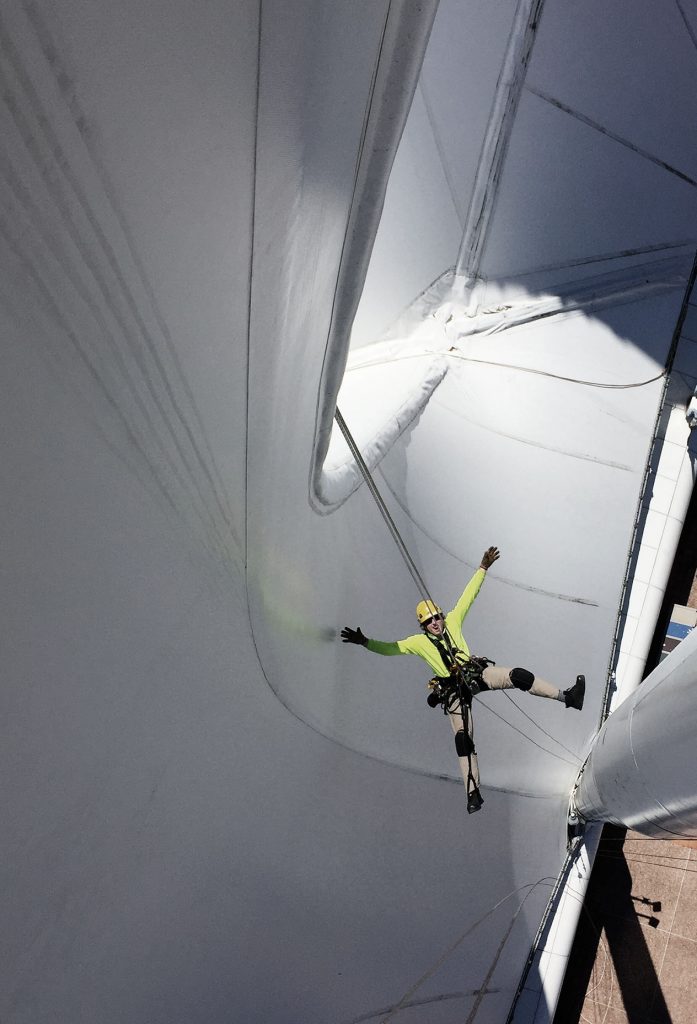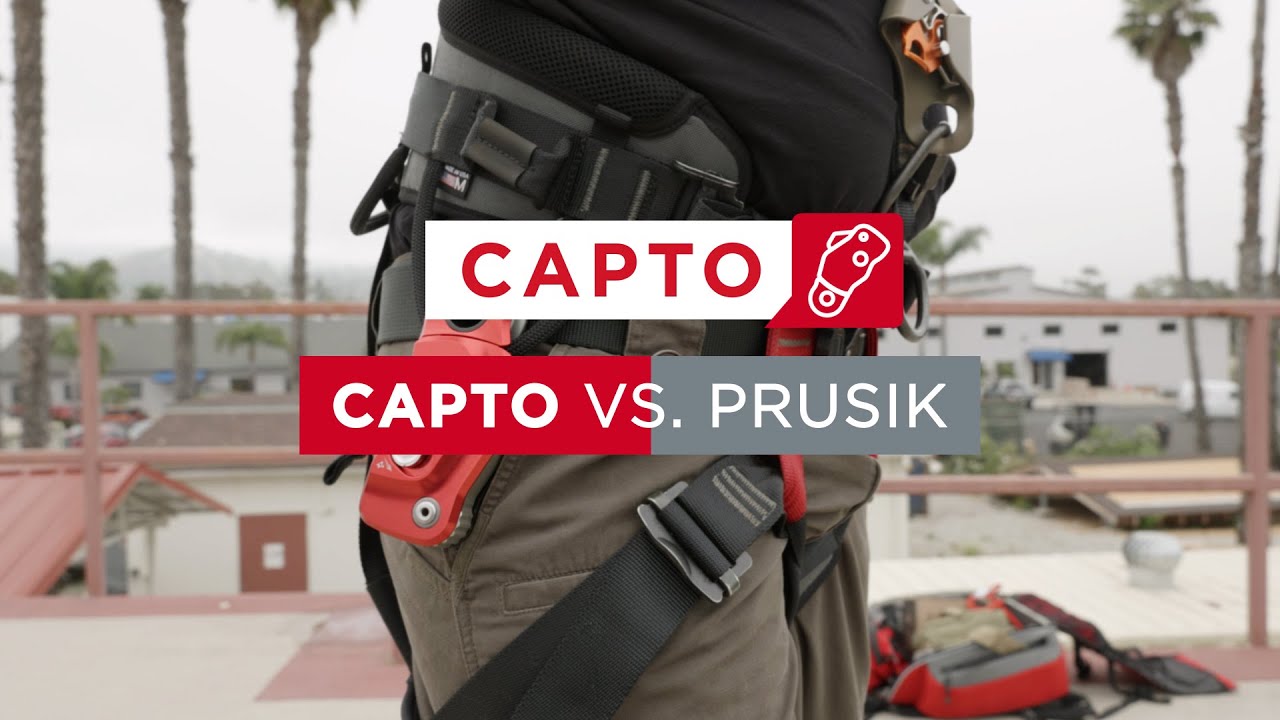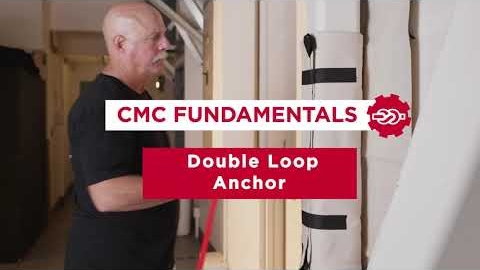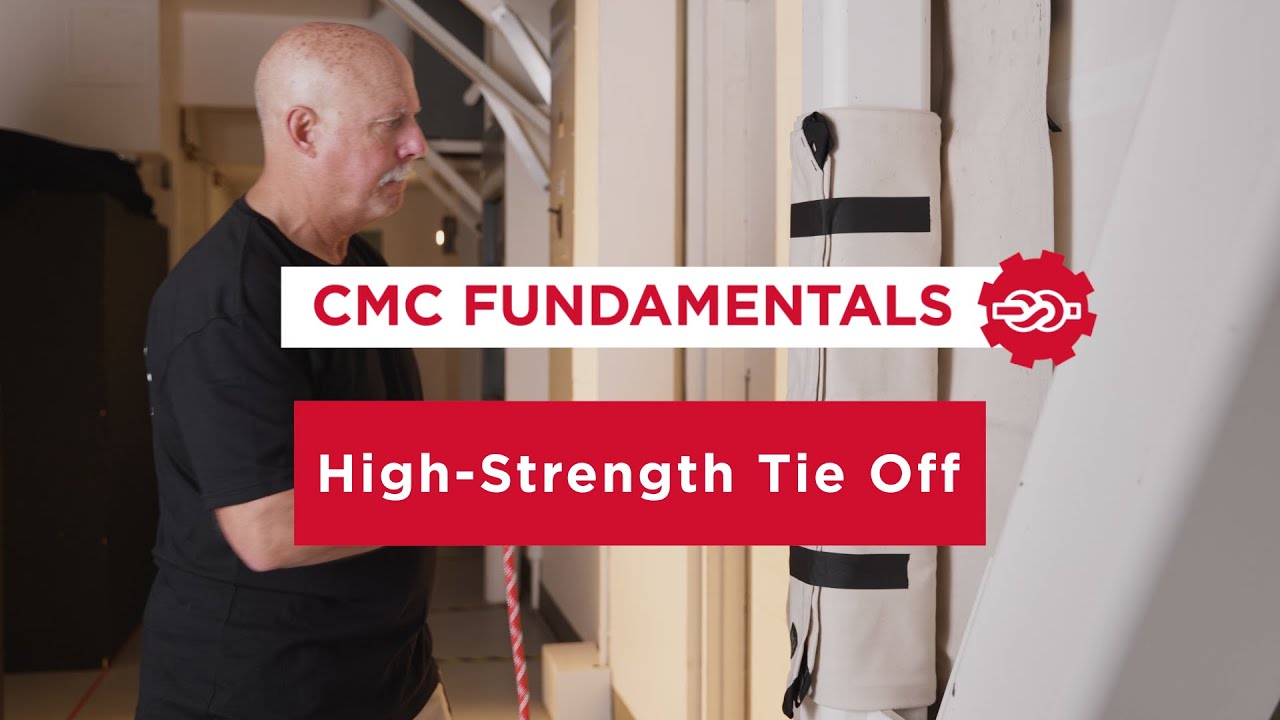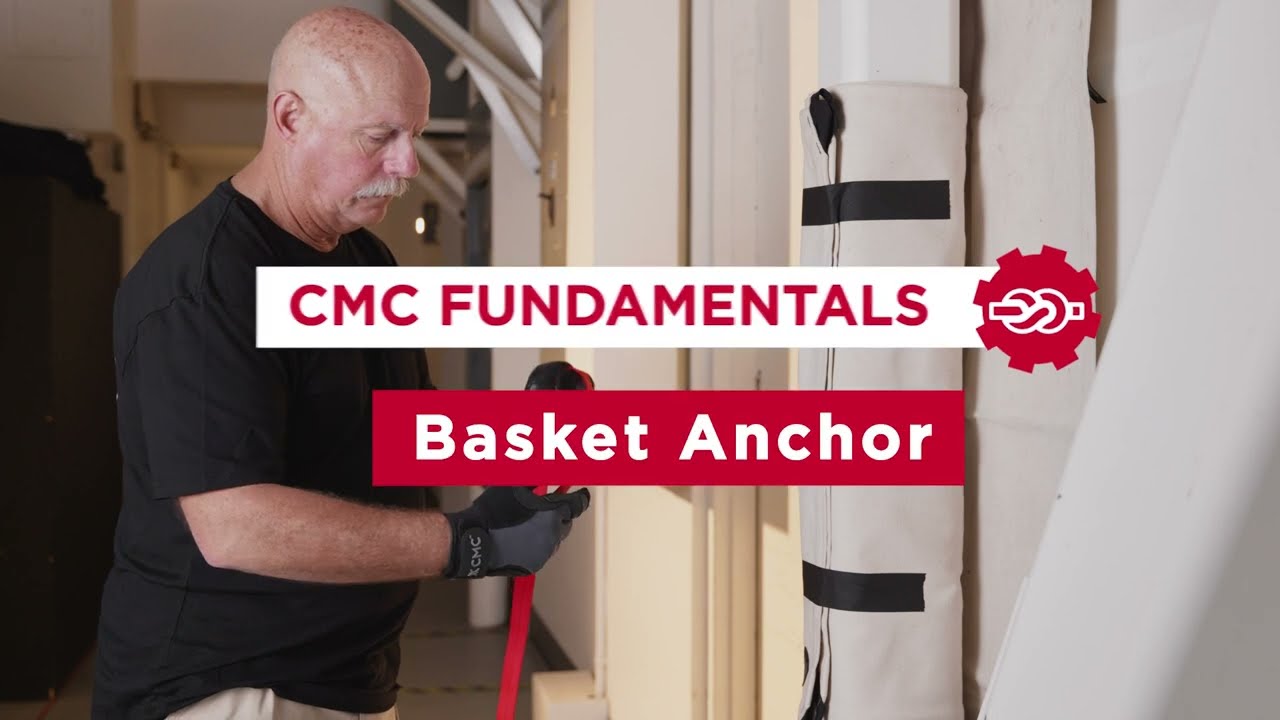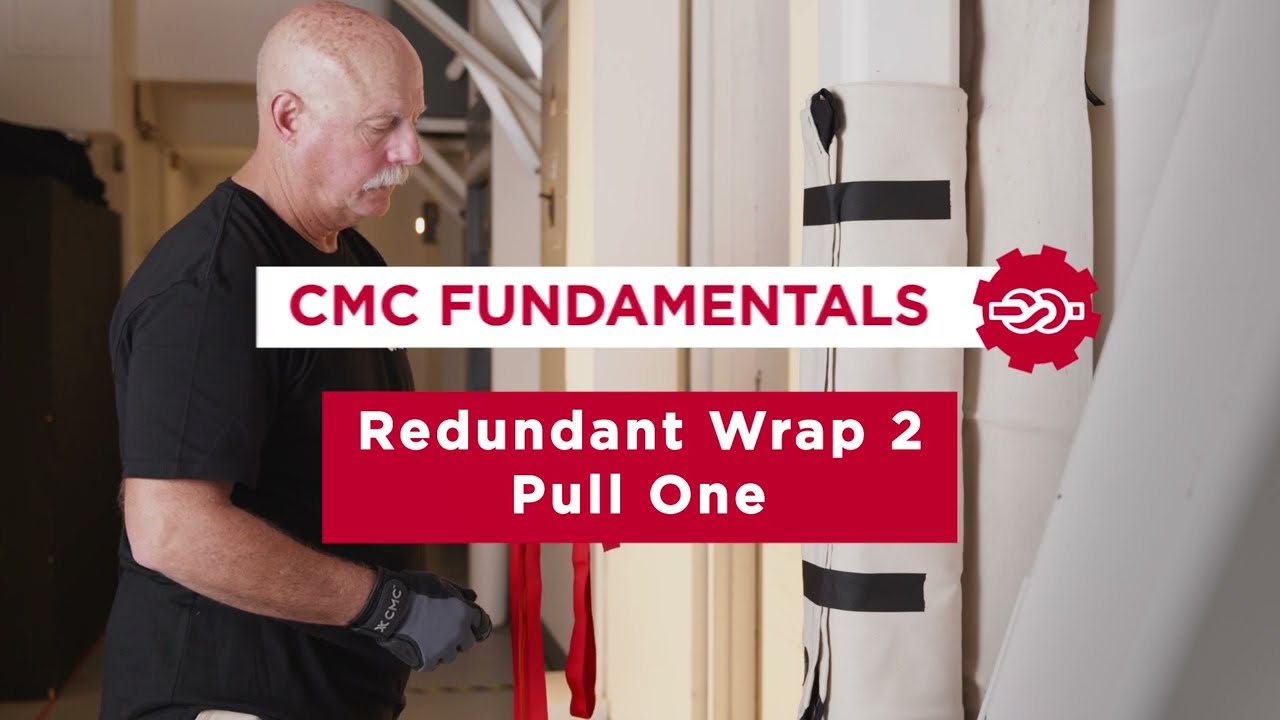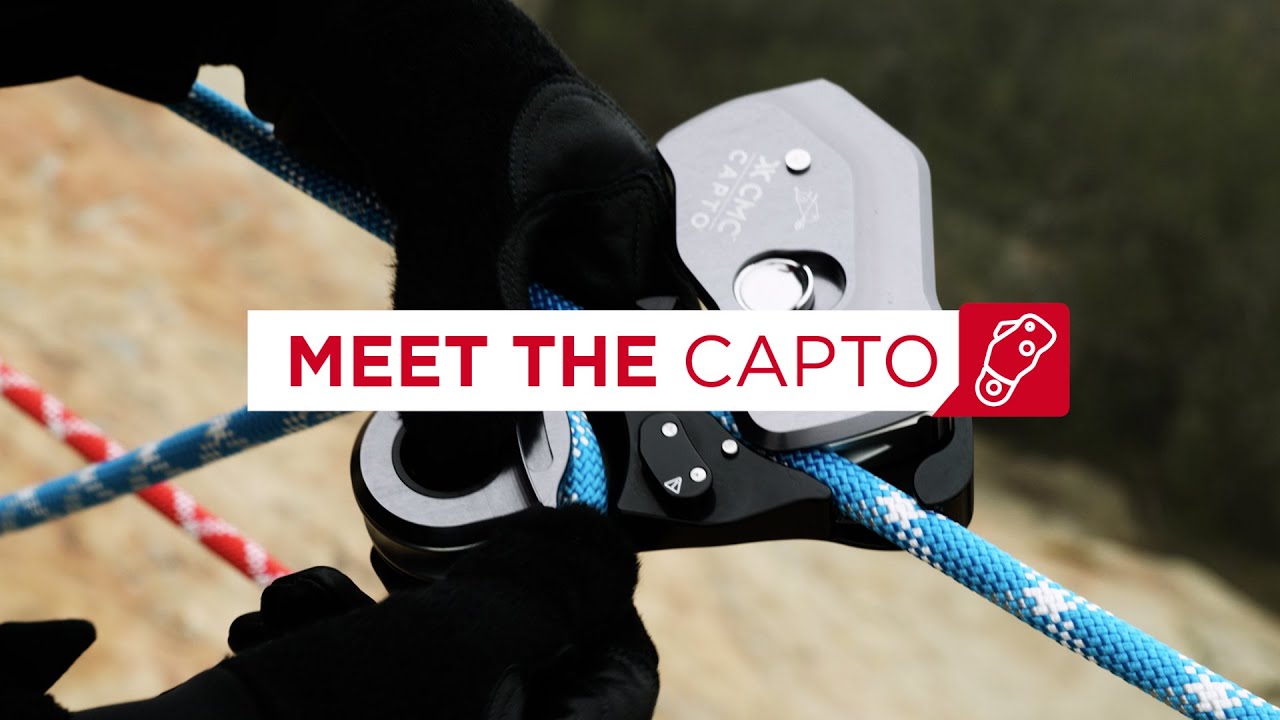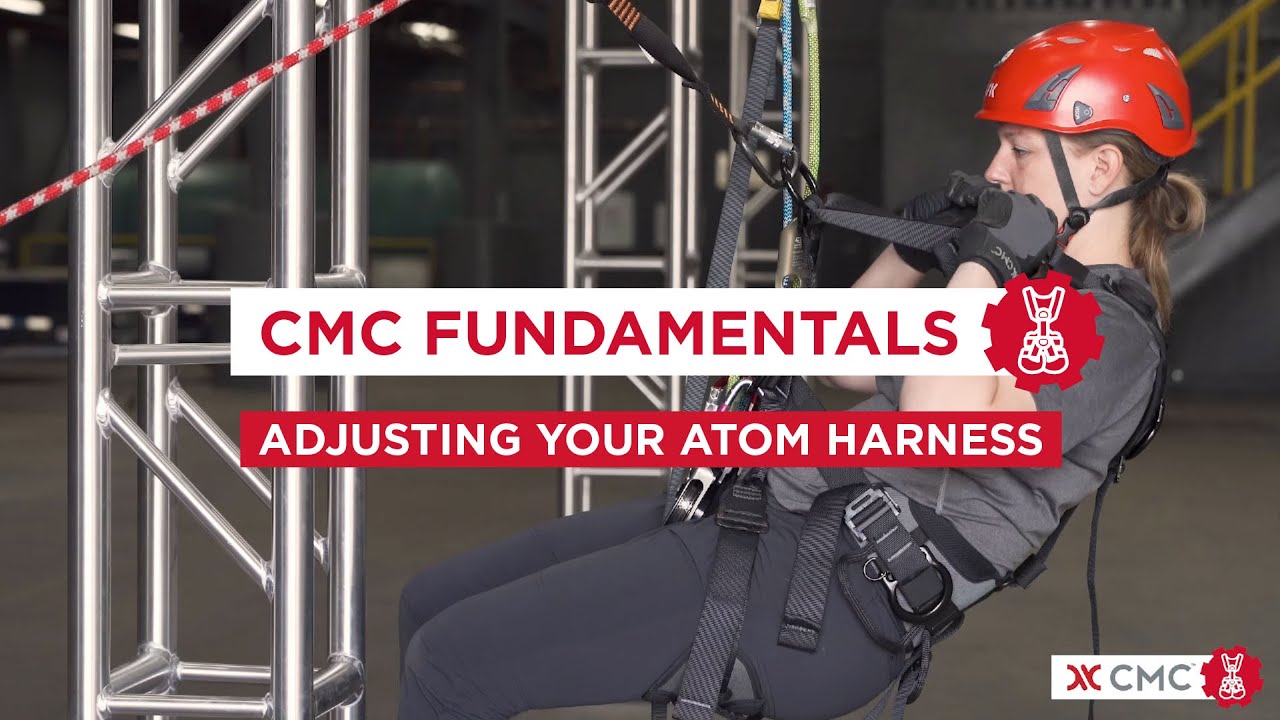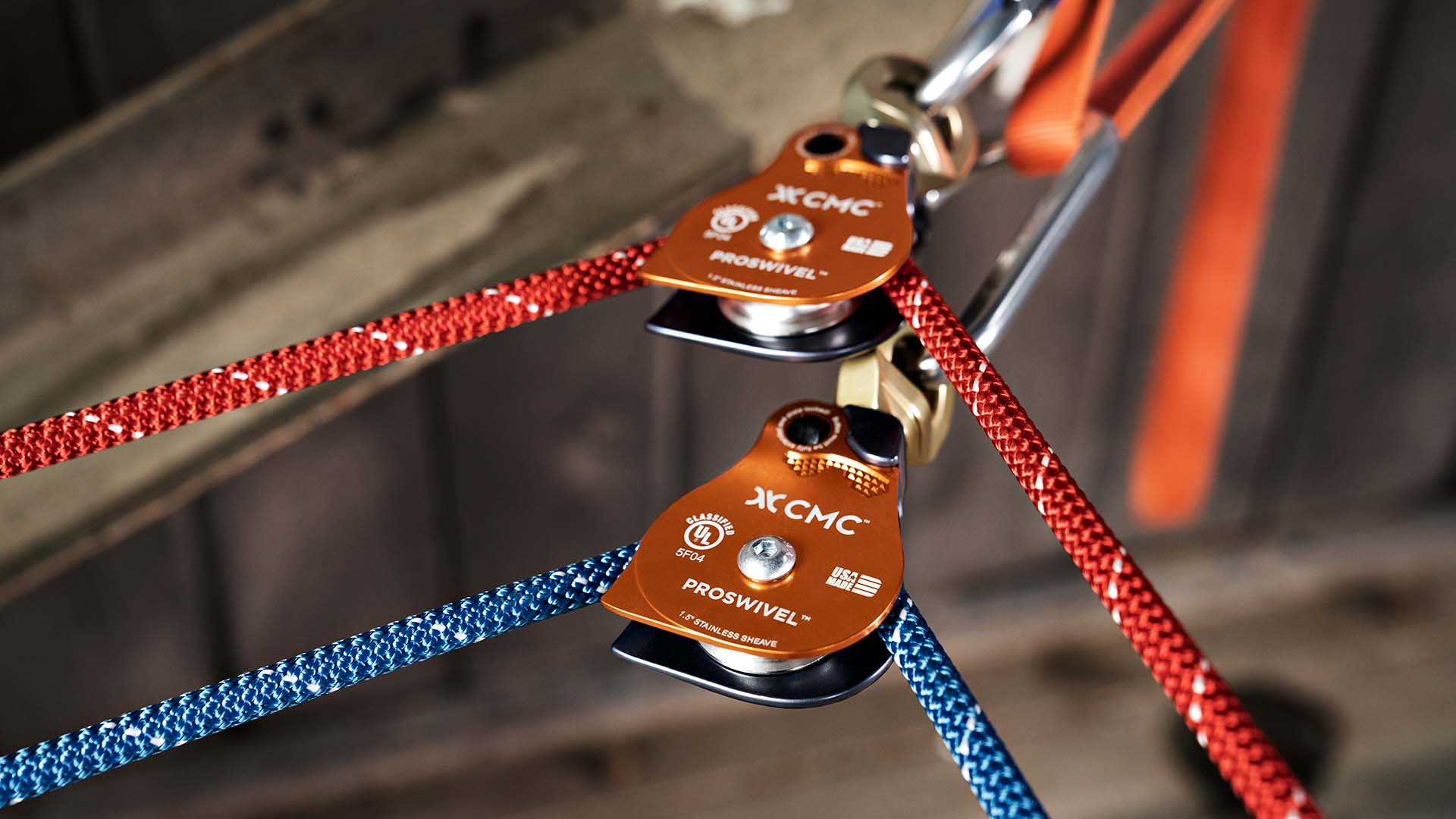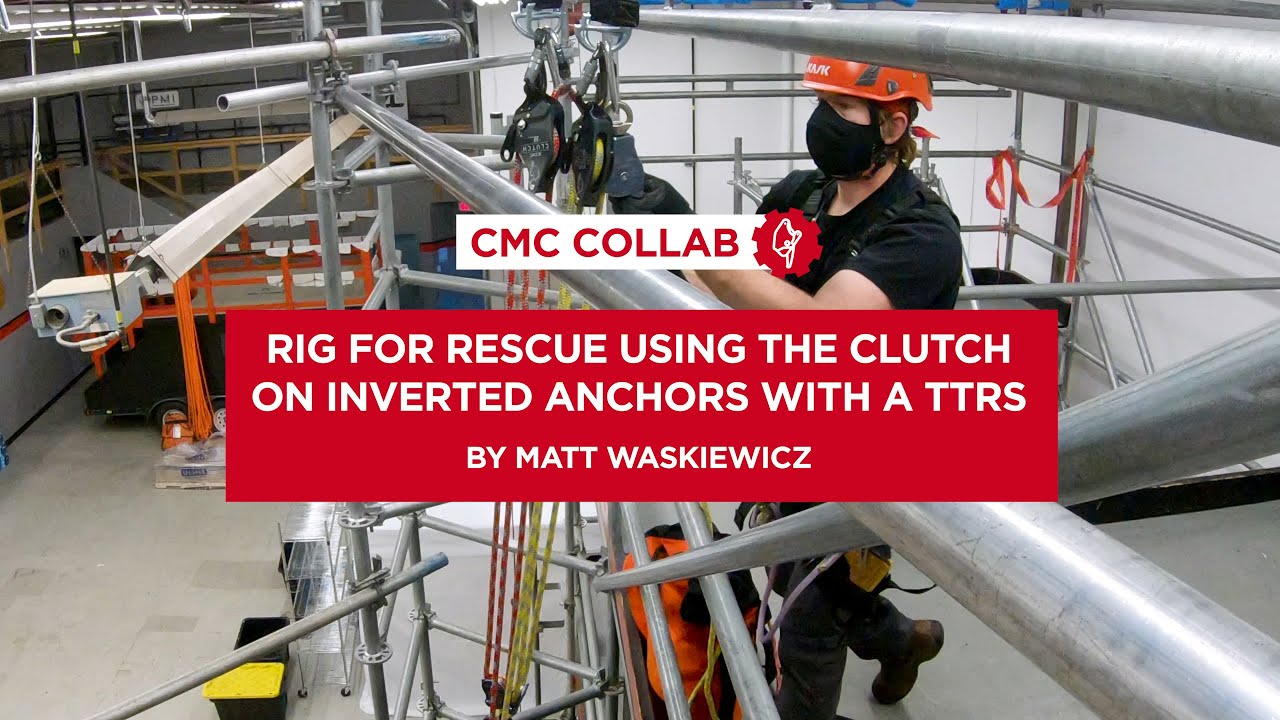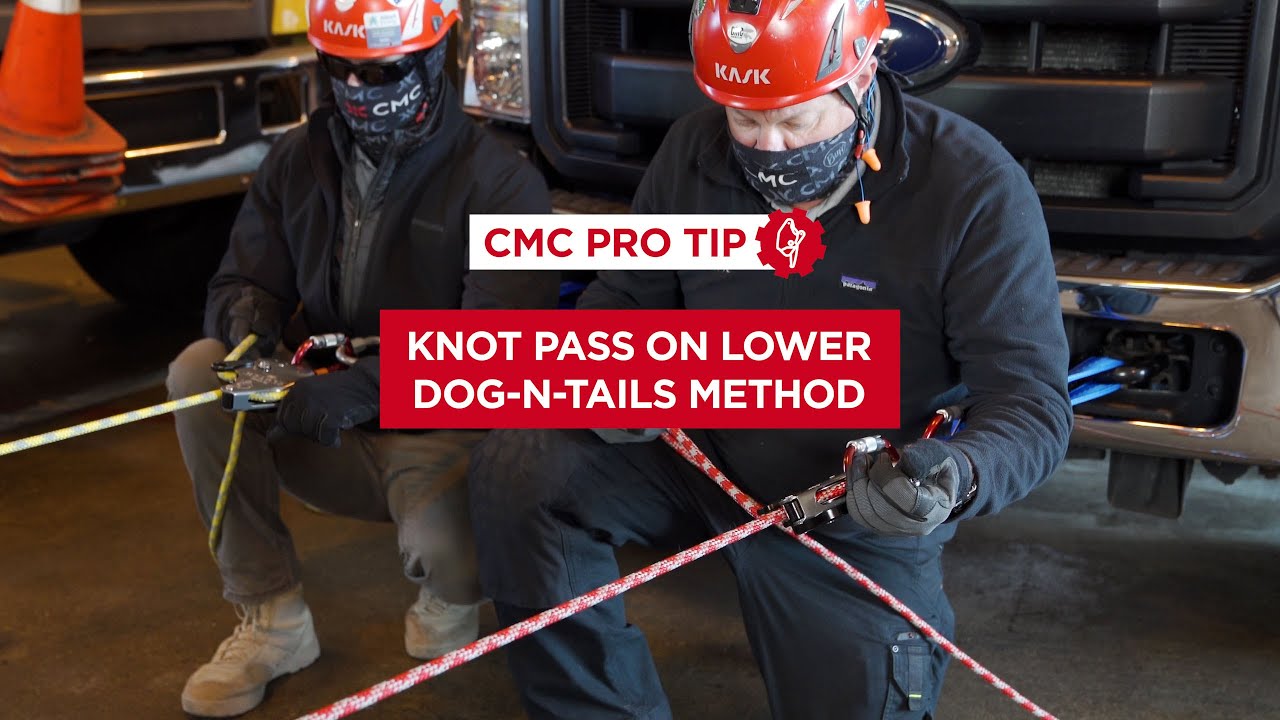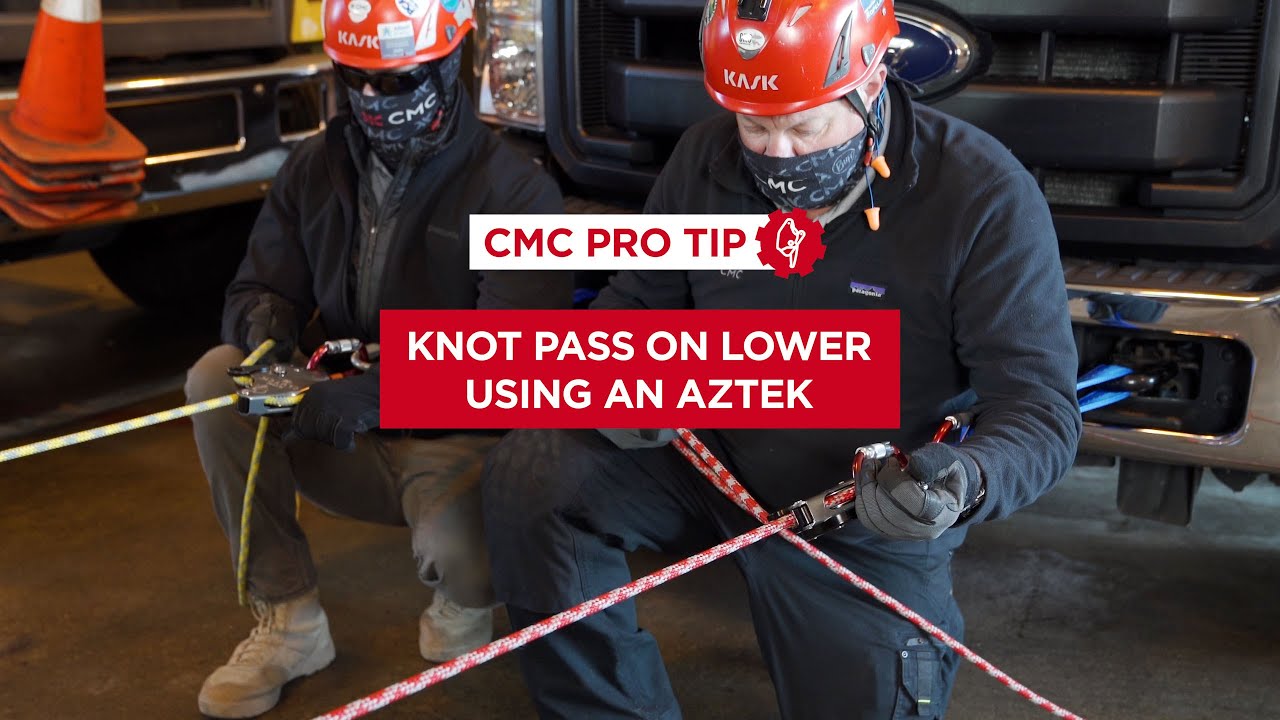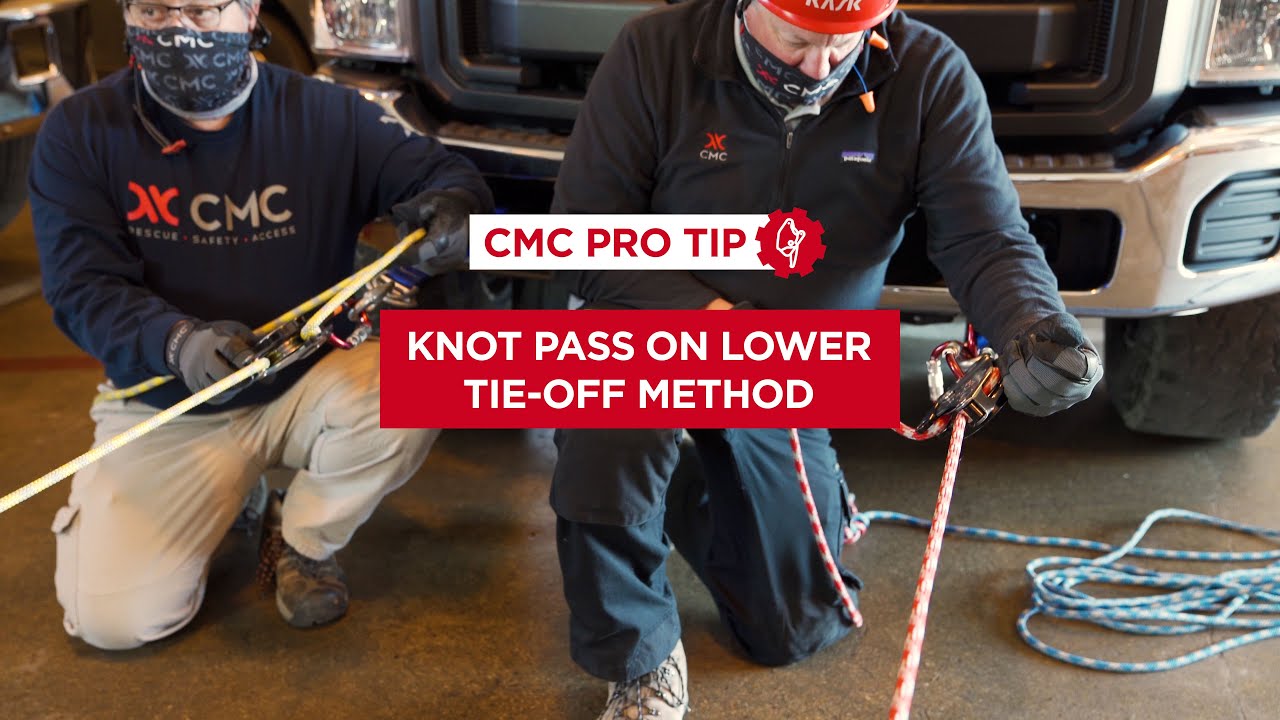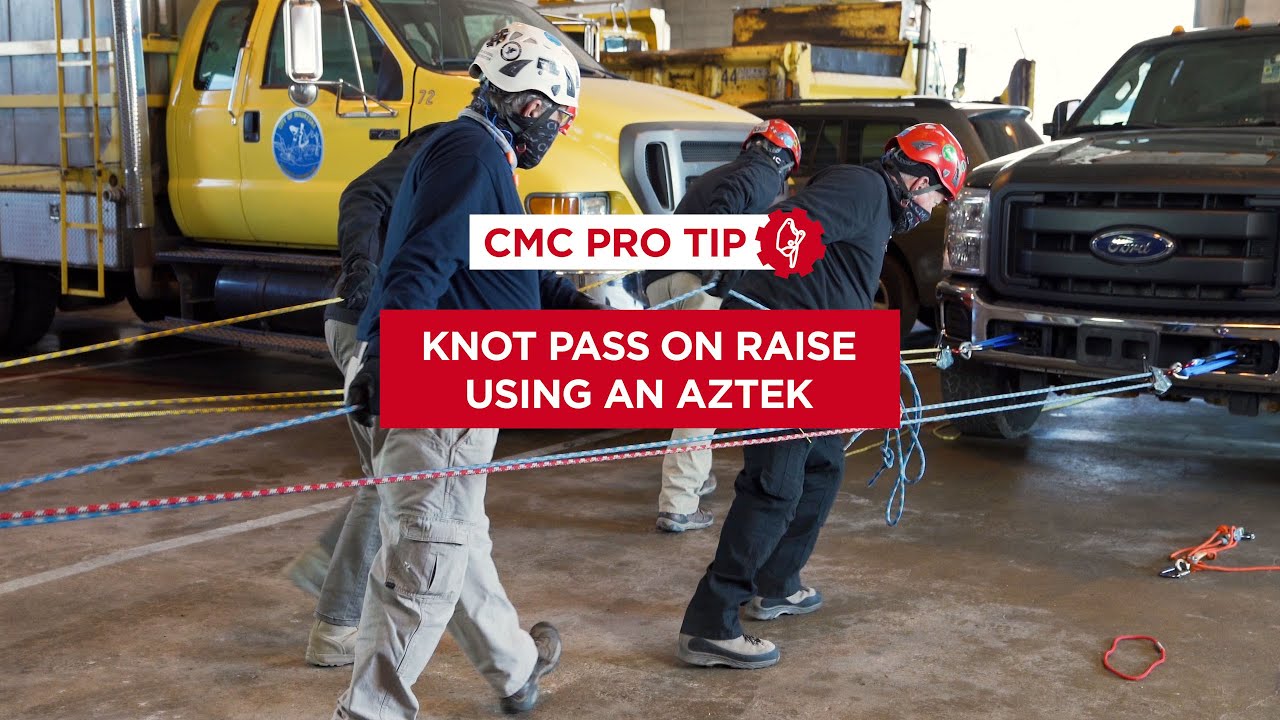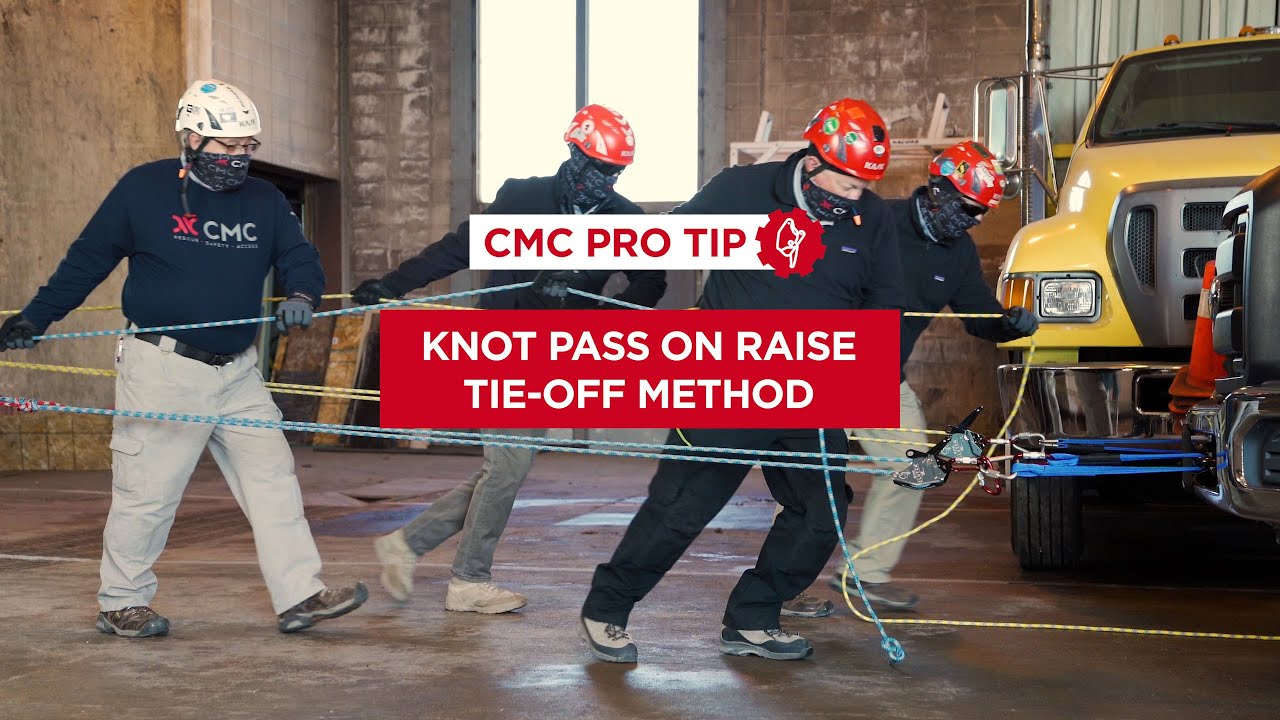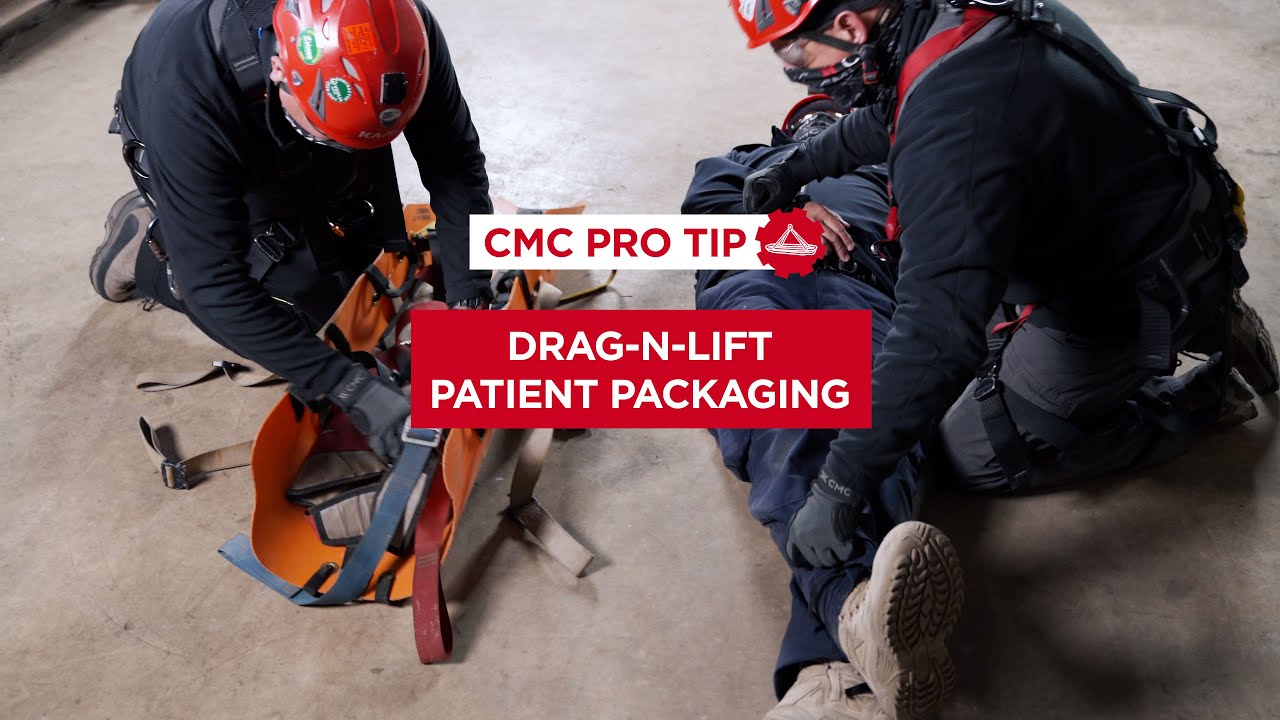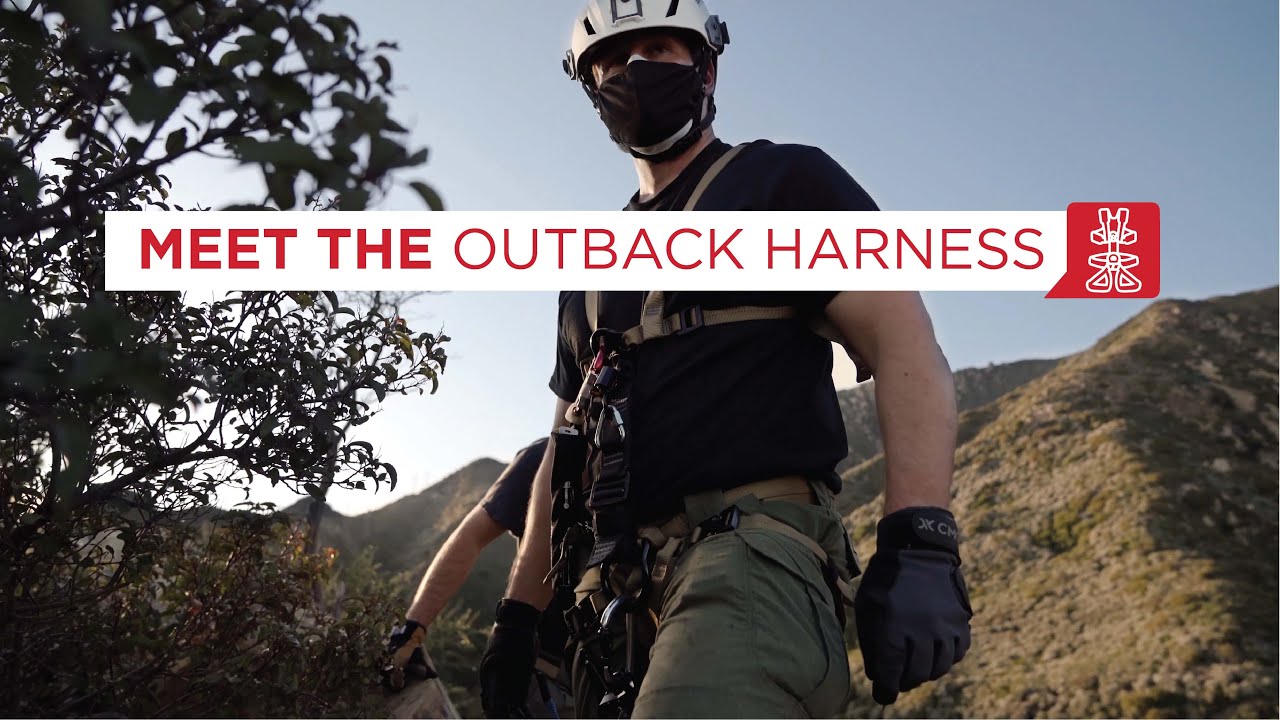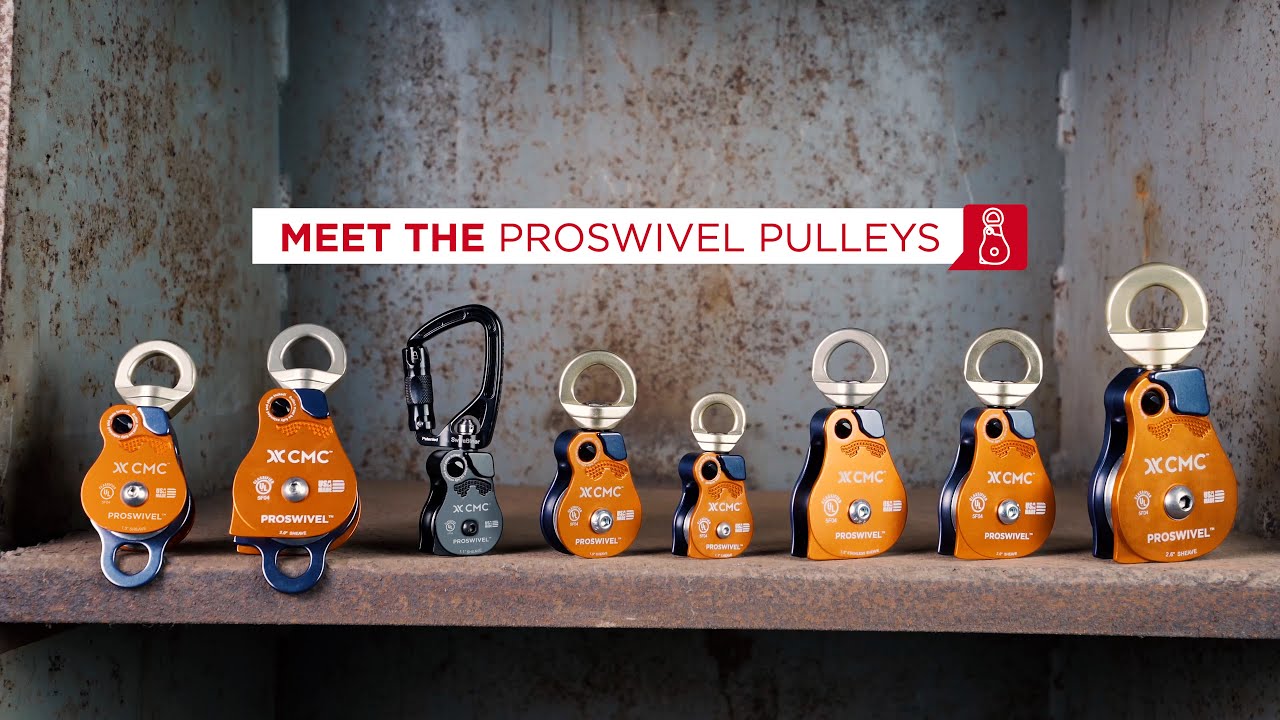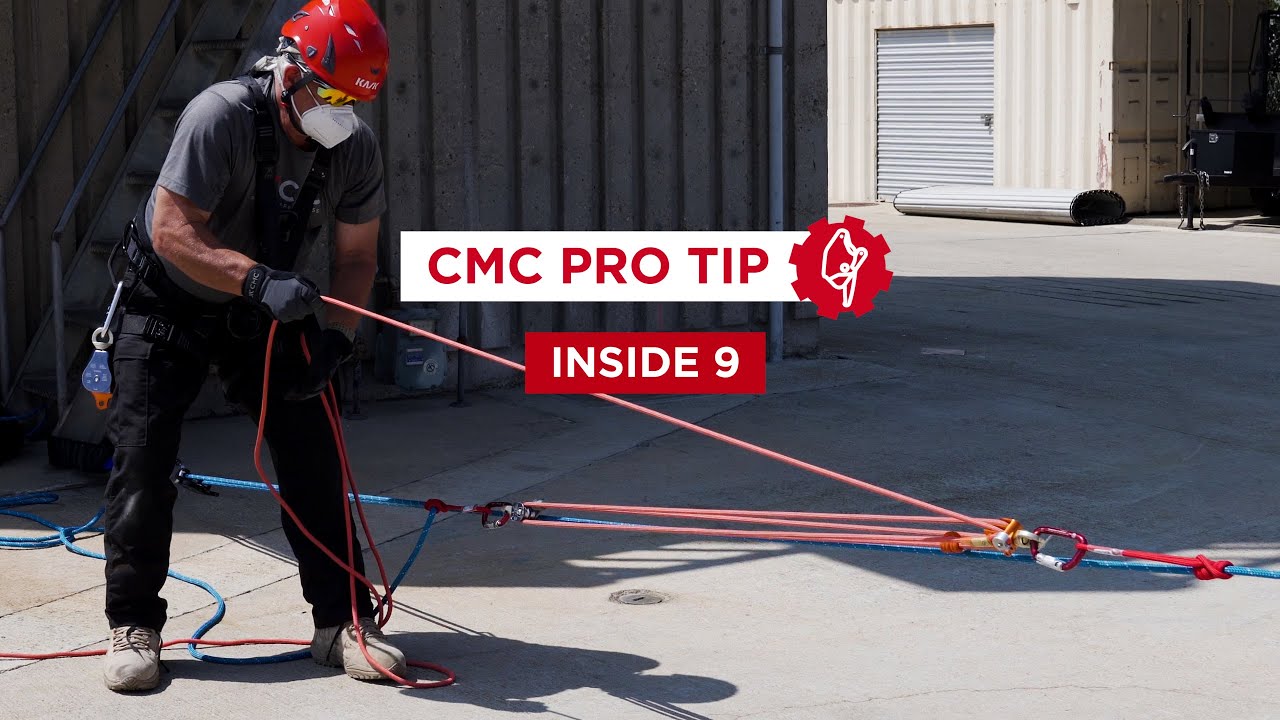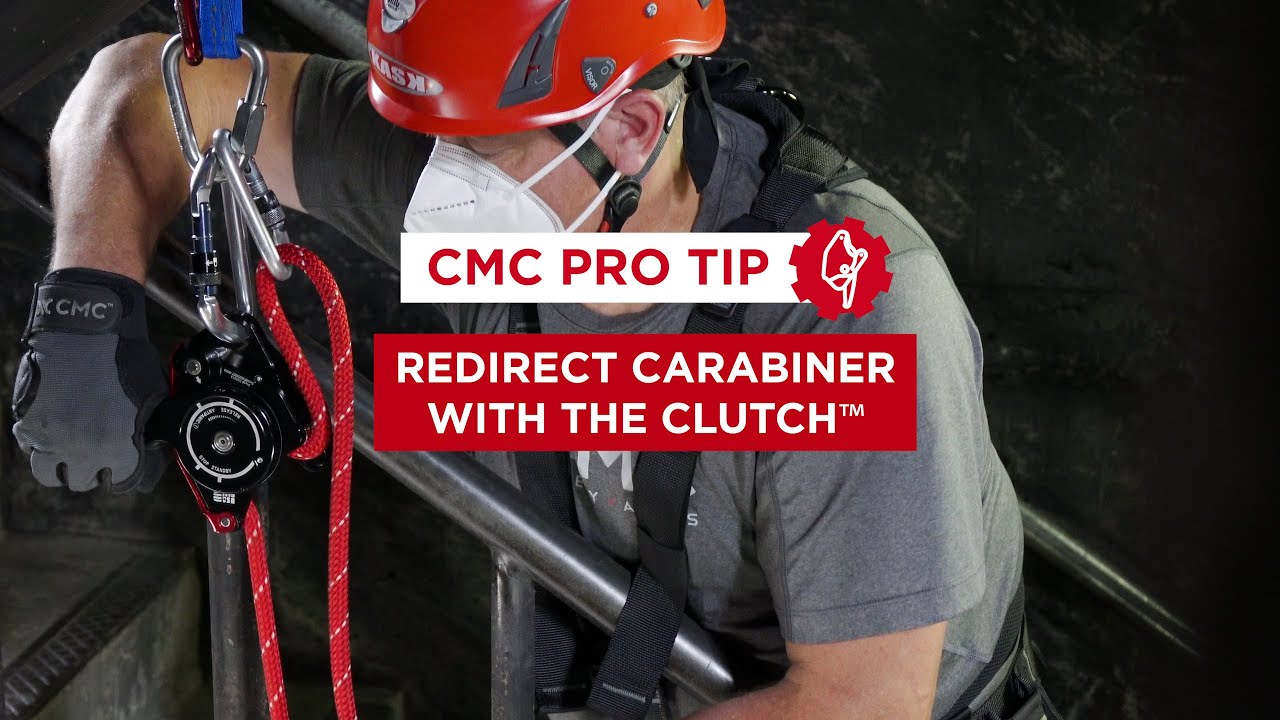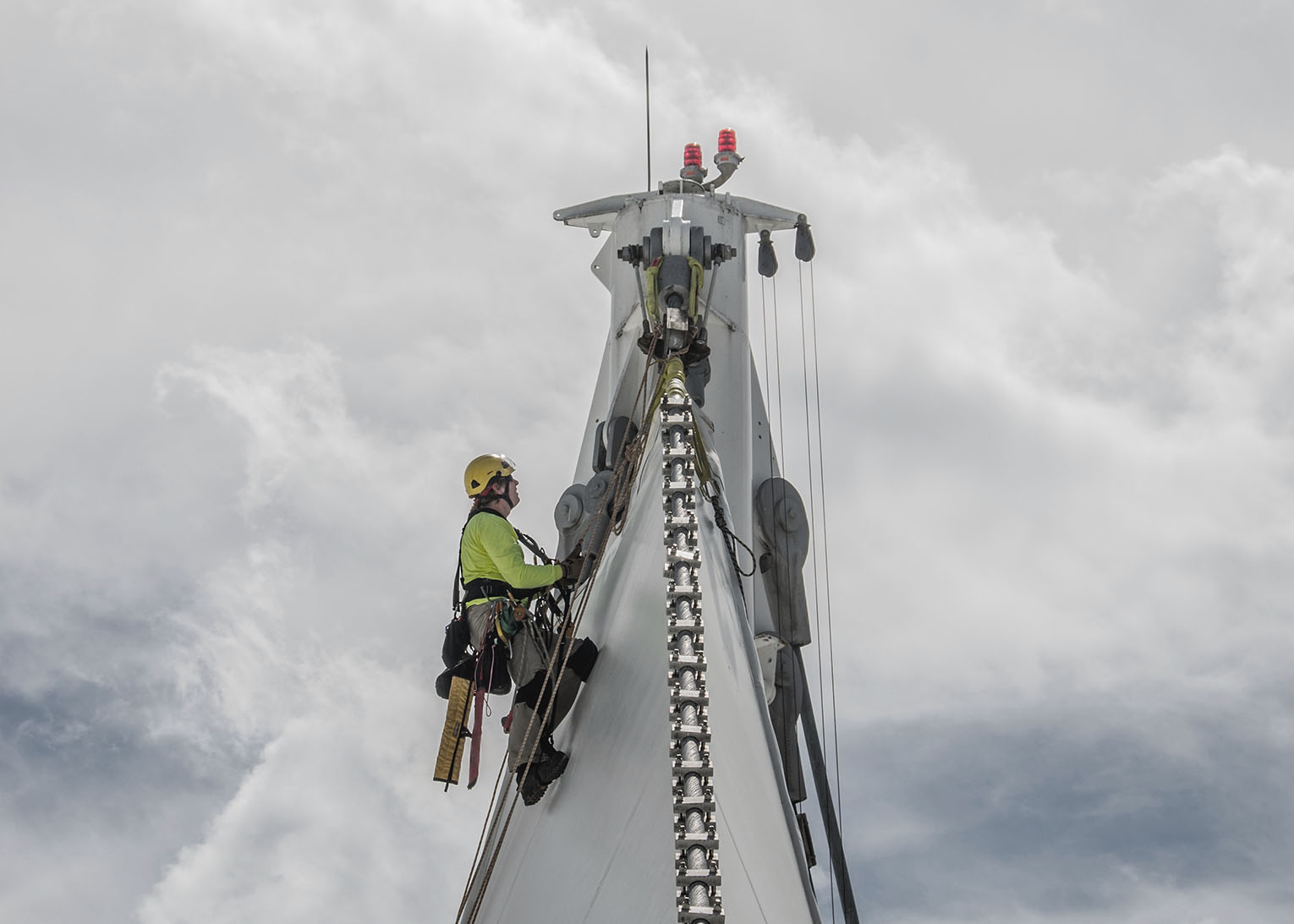
Rope Access Technicians Face New Challenges Like COVID-19
This article was written and submitted by Matthew Waskiewicz, a rope access professional and SPRAT Level 3 Trainer and Evaluator.
As a rope access technician, we are familiar with challenges in our workplace. Many challenges we encounter require constant awareness to navigate safely. When tasked with projects that require quick on-the-fly thinking, our solutions must account for a stringent safety plan that encompasses strict risk mitigation techniques. When challenges are encountered, adaptations to the ‘original plan’ may be required as techniques are tried and tested. Whenever a hazard presents a greater risk than initially anticipated, operations must cease while mitigation measures are implemented in to a “new plan.”
COVID-19 is a new challenge that we all face in our lives. With this type of challenge, the successful implementation of risk mitigation measures is a critical step to align with new safety standards worldwide. We all must be diligent with safety practices in both our personal and professional lives on a daily basis.
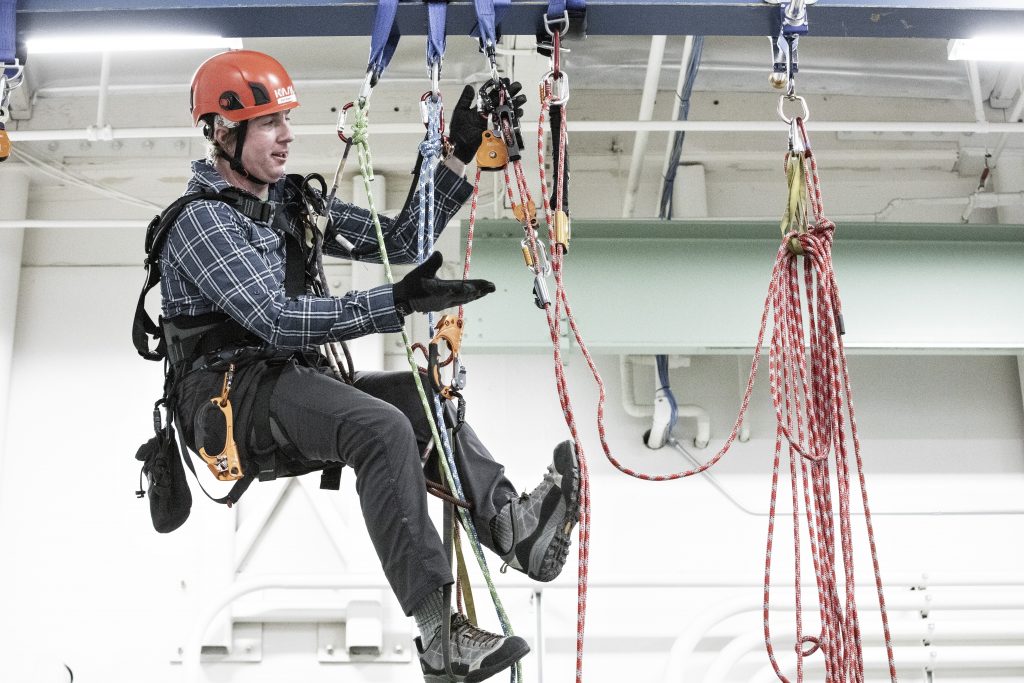
While essential work continues worldwide, each company has implemented a COVID-19 response plan that is relevant to federal and local regulations. It is important that each employee understands their individual role to comply with new mandatory regulations. Failure to comply is punishable by fines both to the employee and employer in most regions, and in the case of a virus like COVID-19 there are physical and moral implications with the potential for extreme consequences.
Industrial job sites have updated control measures that may include:
- Pre-job health check and verification waivers with ongoing health monitoring.
- Pre-site training in virus and hygiene requirements.
- Quarantine period of travel required worksites.
- Physical distancing requirement on sites.
- Updated cleaning and hygiene policies for personnel, equipment and environment.
- Mandatory PPE including gloves, masks and safety eyewear.
- Personalized equipment kits.
- Limited crew changeouts to minimize contact points.
Rope access training and evaluation sessions have updated control measures that may include:
- Pre-course training certificate in hygiene and facility orientation.
- Health and travel verification waivers with ongoing health monitoring.
- Updated cleaning and hygiene policies for personnel, equipment and environment.
- Mandatory PPE including gloves, masks and safety eyewear.
- Physical distancing requirements with signage and marked areas.
- Assigned equipment kits per candidate.
- Quarantined area per participant.
- Limited number of participants in each course.
- Artificial loads for rescue (dummies, lifting bags) instead of utilizing live loads for partner rescues.
- Increased number of days for rope access course.
These controls will coincide with updated policies that must be strictly adhered to at all times. If you are currently an employee of a company, ensure you have read and understand any new procedures before heading out to the jobsite. Make sure to contact your manager in advance with any questions and concerns. Keep a close monitor on yourself to ensure your personal health, and those around you. If you are a candidate for an upcoming rope access training course, reach out to the training company in advance so that you are familiar with their updated policies and procedures, and be sure to address any concerns well in advance.
On March 16, 2020 the Society of Professional Rope Access Technicians (SPRAT) issued a statement regarding COVID-19. That statement includes provisions relevant for SPRAT member companies and technicians. Be sure to check SPRAT.ORG for the most up to date information.
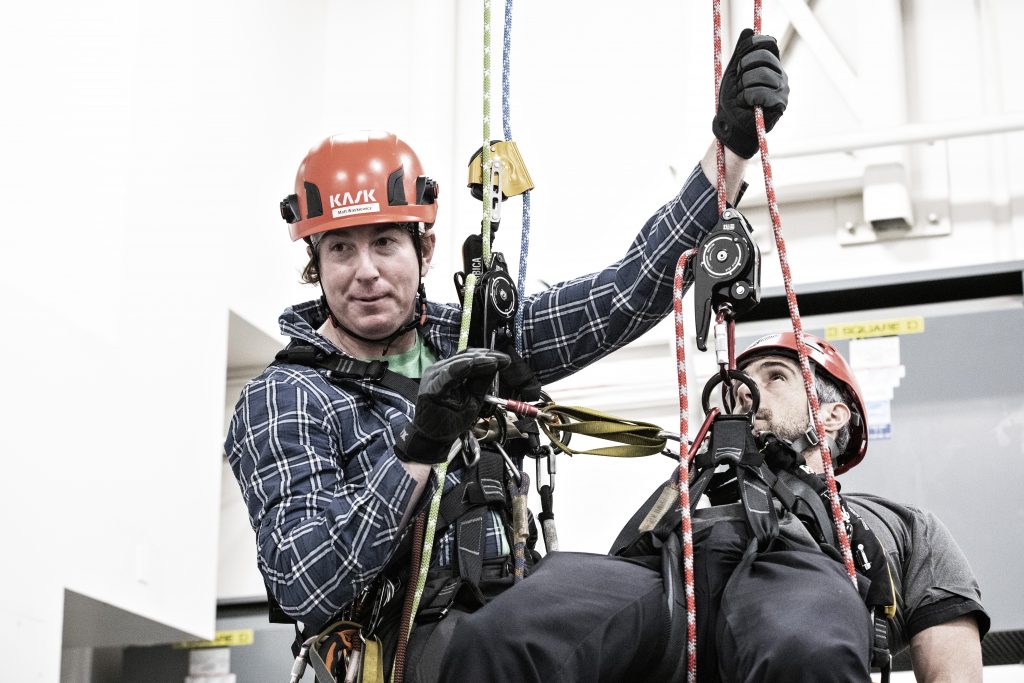
We are all at a point of recalibrating the way we interact with the world around us. As a rope access community, we must join in a team effort adapting to new controls put in to place and support each other through difficult times. As a rope access industry, we have a track record of successfully managing challenges with a professional and positive attitude. Our proactive approach to sharing information is critical to the advancement of the safety in our workplace, industry and personal lives. I encourage everyone to look toward solutions and be kind to one another while we adapt through this transitional period. I know we can all work together and get through these new challenges, and I look forward to seeing you on the ropes soon!

